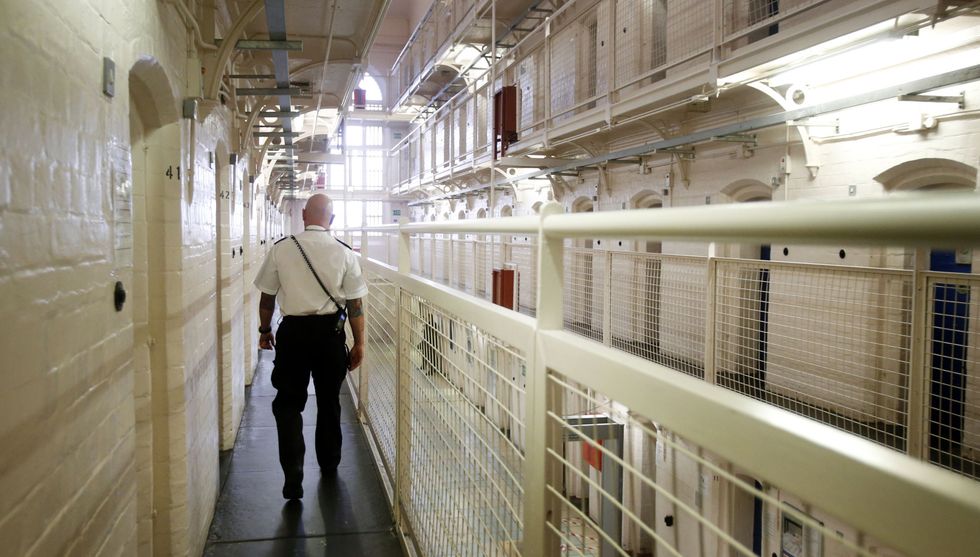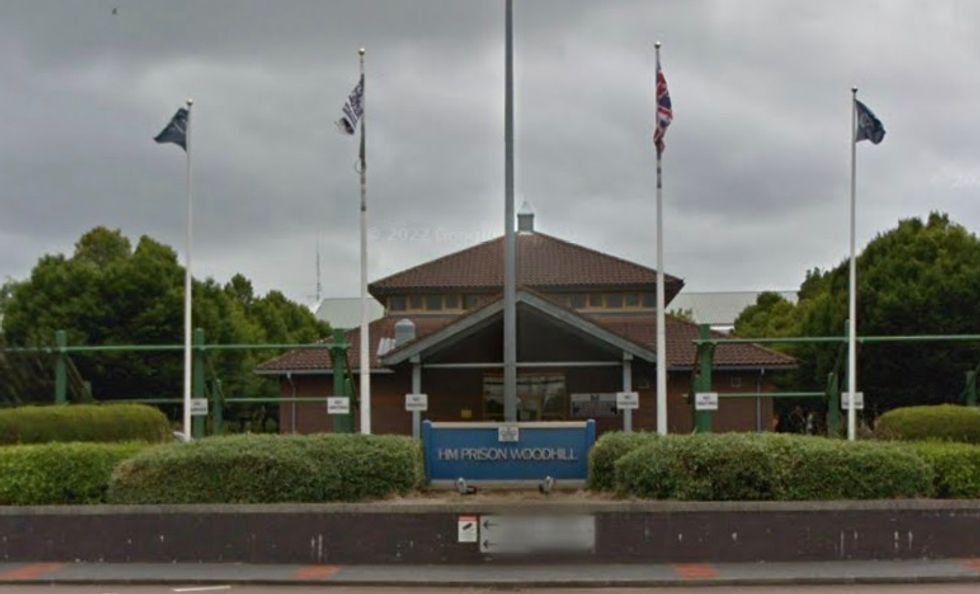Convicted Islamic terrorists ‘refusing’ to be deradicalised in UK prisons
An investigation has called on prison officers to set more "realistic and achievable" targets to help terrorists "take smaller steps towards progression"
Don't Miss
Most Read
Convicted Islamic terrorists are refusing to be deradicalised in UK prisons, an investigation has revealed.
The investigation, carried out by chief inspector of prisons Charlie Taylor, found that almost all Islamic terrorists being held in separation units at UK prisons “refused to take part in purposeful activity”.
The report said that prisoners at the units, which are used to stop people radicalising others, are not willing to take part in education sessions.
It said: “Almost all prisoners refused to take part in purposeful activity, complete offending behaviour work or engage with others such as imams and psychologists.”
Terrorists are refusing to take part in deradicalising education sessions in UK prisons
Danny Lawson
HMP Woodhill in Buckinghamshire
Google Maps
Following their refusal to take part in the sessions, prisoners have had limited “day-to-day interactions” with staff, with some staying in their cells for up to 22 hours a day.
This also led to a “lack of trust” in staff, which has “further impeded interactions,” the report added.
Prisoners were also offered two deradicalisation programmes but “given their well-established religious and political beliefs and the potential peer pressure from their fellows, this was too big a step for most prisoners.”
The report continued: “The expectation that men should address their offending behaviour by completing a formal intervention aimed at deradicalising their beliefs was proving unrealistic," as quoted by The Telegraph.
Mr Taylor called on prison officers to set more “realistic and achievable” targets in order to help the terrorists “take smaller steps towards progression and behaviour change”.
He added: “Not all staff we spoke to were sure about how their work could promote progression and lacked an awareness of how best to deliver a more enabling and psychologically informed approach to changing prisoner’s behaviour.”
A total of 15 men have been held in three separation units across the UK since they opened in 2017.
The prisons that have had been used are HMP Full Sutton in East Riding of Yorkshire, HMP Frankland in County Durham and HMP Woodhill in Buckinghamshire.













